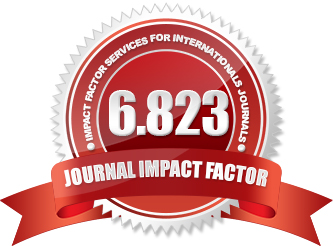SECOND LANGUAGE ACQUISITION AND LANGUAGE TEACHING
DOI:
https://doi.org/10.51699/pjcle.v6i.36Keywords:
focus on form, form-focused instruction, input processing, input enhancement, negative feedback, form-focused output, explicit / implicit learningAbstract
After discussing the ties between language teaching and second language acquisition research, the present paper reviews the role that second language acquisition research has played on two recent pedagogical proposals. First, communicative language teaching, advocated in the early eighties, in which focus on the code was excluded, and then the more recent research-based proposals of integrating some degree of focus on form in meaning-based curricula. Following Ellis (1998), four macro-options of focus-on-form interventions and their theoretical motivations are presented, followed by recent research evidence: input processing, input enhancement, form focused output and negative feedback. The last section of the paper deals with two related pedagogical issues: the choice of linguistic forms in focused instruction and its benefits depending on individual factors and the learning context.






